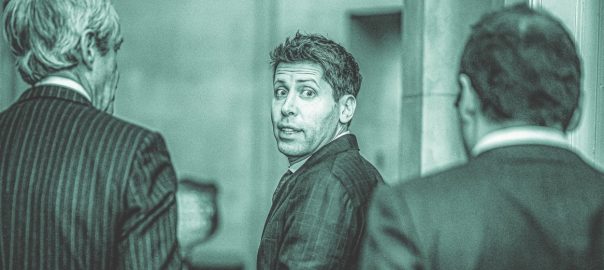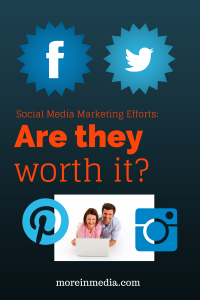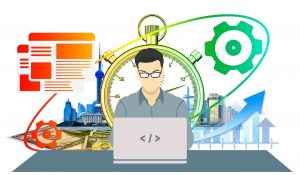Back in November, Sam Altman was fired from his position as CEO of OpenAI on a Friday the week before a holiday weekend—only to return to his job after a chaotic 86 hours that nearly tanked the $80 billion company. This past Friday, OpenAI dropped another bombshell. It announced the outcome of the investigation into the behavior that prompted Altman’s ouster—and it introduced a handful of new members to the board.
According to OpenAI, a review of more than 30,000 documents by WilmerHale, a law firm that was contracted to lead an independent review into the events around Altman’s November 2023 removal, found that “the prior Board believed at the time that its actions would mitigate internal management challenges.” But the firm also concluded that Altman’s “conduct did not mandate removal.”
As such, said the company, Altman and Greg Brockman—who quit his position as OpenAI’s president in support of Altman in November—now had the full confidence of the new board, which was hastily put in place after Altman and Brockman returned to the company.
The new board—led by Bret Taylor, former chair of Twitter—includes three new appointments: Dr. Sue Desmond-Hellmann, former CEO of the Bill and Melinda Gates Foundation and a board-certified oncologist; Nicole Seligman, former EVP and global general counsel of Sony; and Fidji Simo, CEO and chair of Instacart. They bring prior experience from sitting on the boards of Pfizer, Paramount Global, and Shopify, respectively, and will work with existing board members Taylor, Adam D’Angelo, and Larry Summers.
Altman will be regaining his seat on the board, OpenAI said.
The shakeup has been welcomed and cautioned in equal measure. “It’s good to see OpenAI address the warning calls around their board’s lack of diversity, and that hopefully this signals a commitment to more responsible AI development,” says Kate Devlin, an academic in artificial intelligence and society at King’s College London. “We’ll certainly be watching closely.”
Many others will be watching as well because, at the minute, OpenAI is leading the way in the world of AI development—and some worry that means it has an outsize impact on its future. And Altman’s view on the future development of AI could shape that future.
“The return of Altman after all that went down last year is interesting,” says Beth Singler, a professor at the University of Zurich, focusing on the anthropology of AI. Singler is particularly interested in what the new appointments mean for the overall ideology of the board, given their business focus and the previous ouster of board members, such as academic Helen Toner. Remember: Altman’s deposing in November was reportedly due, in part, to fears that he was misrepresenting his interactions in order to more speedily advance development of OpenAI as a business—a controversy that is also subject to a lawsuit by Elon Musk. OpenAI, which did not respond to a request to comment for this story, has previously said it intends to move to dismiss all Musk’s claims.
While much of the controversy focused on the battle between AI doomers and AI boomers, “those battle lines are a bit unclear to me in light of this news,” says Singler. “Altman is considered an accelerationist in discussions online, but it’s unclear yet what the other appointments indicate at the moment.”
However, the return of Altman to the board and the approach of business as usual sends its own signals, say some. “In general, I think we can expect mass commercialization and drive to create product-market fit like a typical startup,” says Rumman Chowdhury, cofounder and CEO of Humane Intelligence, an AI consultancy. She also hopes that the news makes people think differently about the rise of the company. “I hope this means that we stop pretending AI is magic and AI developers are wizards—and treat this like any emerging technology should be treated.” That would mean more skepticism and scrutiny—and deeper consideration of its impacts.
As with all things to do with OpenAI, it all seems more complicated than things first appear. “I’m relieved to see that a proper gender balance has finally been restored to the board, but I do find Altman getting a seat himself a bit worrisome—especially in light of his earlier quote: ‘I don’t have super voting shares. Like, I don’t want them. The board can fire me and I think that’s important,’” says Noah Giansiracusa, associate professor at Bentley University, who focuses on AI. Giansiracusa worries that it “seems like it would be harder for the board to fire him with him on the board.” And given OpenAI’s position leading the current generative-AI revolution—and making the pace in the AI race—that position Altman holds on the board matters to some.
However, not everyone is as fearful of the way a single company shifts the market. “I think OpenAI has caught a lot of attention since the release of ChatGPT, and rightly so, but in the grand scheme of things, looking 10 or 20 years down the road, I don’t think any one company is going to steer the course of AI that much, let alone a few board members at that company,” says Giansiracusa. Instead, the market matters most. “Whatever ways people find to make money from AI will be done, and which company does them first and who leads the company at the time matters less than many of us believe, I suspect,” he says.
(7)







